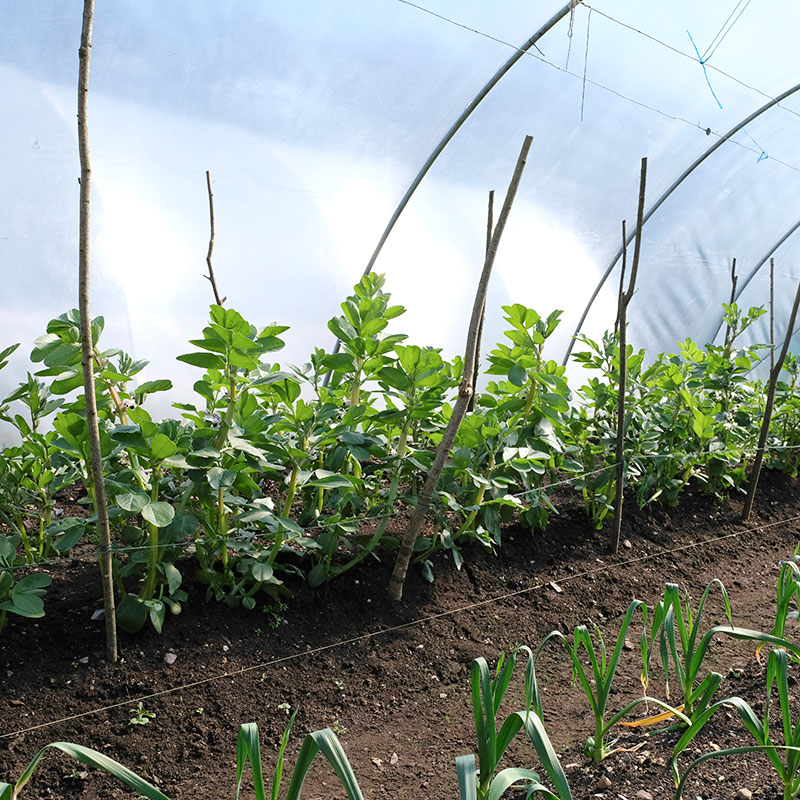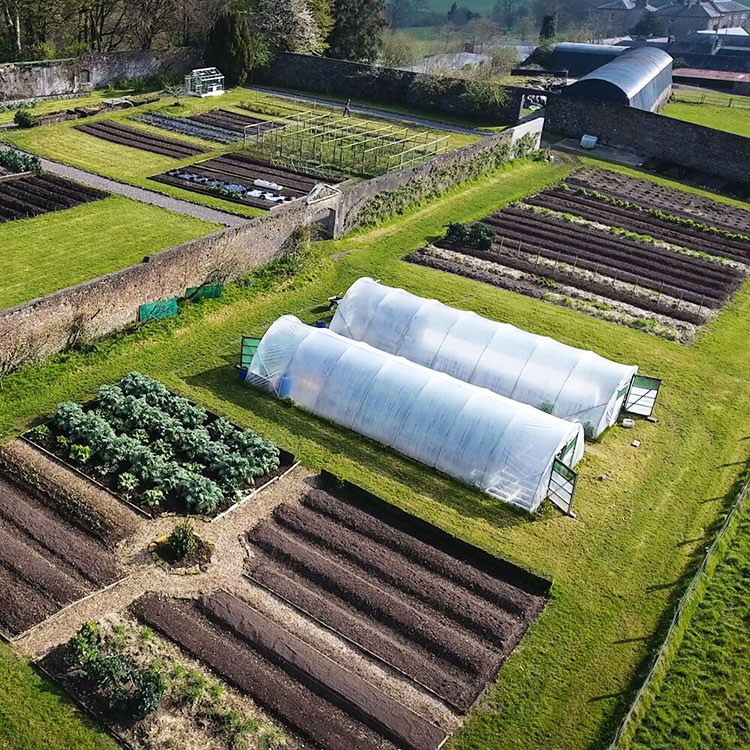Brooke House offers a 10-week nature based therapy programme, funded by Positive Pathways from the Armed Forces Covenant Trust.
A love of nature and living things is part of a human’s DNA. Working with plants helps people become more aware of the natural environment, as well as providing a source of relaxation and senses of accomplishment and satisfaction.
Horticultural therapy aims to improve physical and mental health and wellbeing using plants and plant-related activities as therapeutic tools. Horticultural therapy can be used in a preventive manner as well as in the form of treatment and rehabilitation. It has been established as a form of therapy since the 1950s and is part of a wider development of Nature Based Therapy.
Under the Positive Pathways funding, awarded from April 2020 to March 2022, Brooke House will deliver a number of Defence Gardens Scheme nature based therapy programmes, from Colebrooke Walled Garden.
Brooke House Health & Wellbeing Centre hosts a 10-week horticultural therapy programme under the Defence Gardens’ Scheme. The course is run by a Psychotherapist and Horticultural Therapist, and up to 10 clients, who are all ex-service personnel, can attend each closed course.
Reported benefits of horticultural therapy include:
- Reduction of stress indicators
- Restoration of capacity for concentration
- Increased self-esteem
- Increased self-confidence
- Increased levels of physical activity
- Increased wellbeing
- Improved social interaction and social inclusion
- Enhanced sense of purpose
- Development of work focused skills
In 2014 Horticultural Therapy was introduced at Headley Court as an intervention for injured serving personnel and has now become a standard part of their rehabilitation programme.


A typical session, which lasts three hours and will involve:
Group check in
Practical activity: Preparation of beds – working with the earth in an environmentally friendly way by sowing green manures. Aim: Each participant will be given an opportunity to work with the soil for planting. Objectives: Importance of strong foundation, self-care, building resilience and social engagement.
Tea Break
Practical activity: Storing vegetables. Aim: The participants will learn the different methods of storing produce. Objectives: Develop new skills, self-care and building resilience.
Journal Reflection and Grounding exercise
Debrief and group closure
The clients attending the course may present with a variety of physical and mental health challenges. During some sessions individual clients may share some of their experience and struggles within the safe and professionally contained space of the closed group. Given the therapeutic nature of the group, respect for confidentiality is important to safeguard the well-being of clients and ensure the confidence of clients in the therapist-client relationship.
Nature Blog
For more information about Defence Gardens Scheme, visit their website here!
We are delighted to share with you “Growing together through extraordinary times” our first ever nature blog! Developed in conjunction with Brooke House, DGS, Colebrooke Walled Garden this weekly blog will bring growing tips, information and whats happening in Colebrooke Walled Garden and the wider estate.
Nature Based Therapy
DGS and Horticultural therapy, are a part of our Nature Based therapy offerings. More information about this can be found here.


